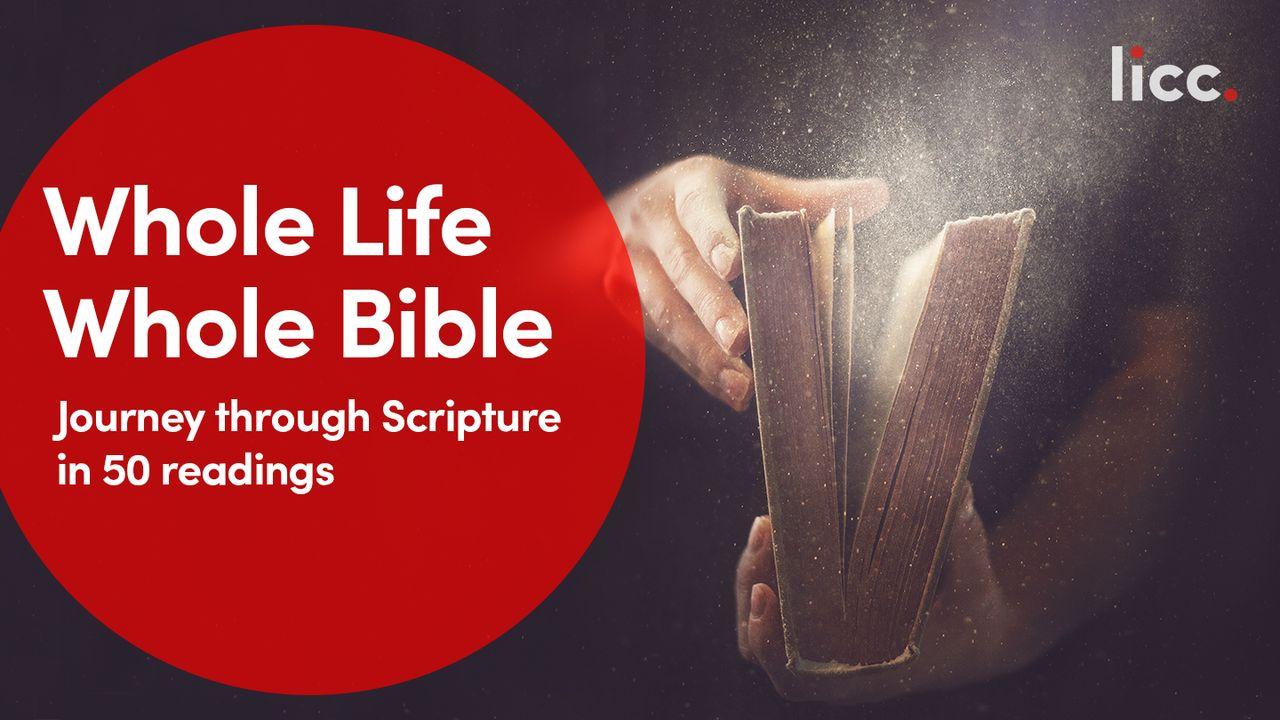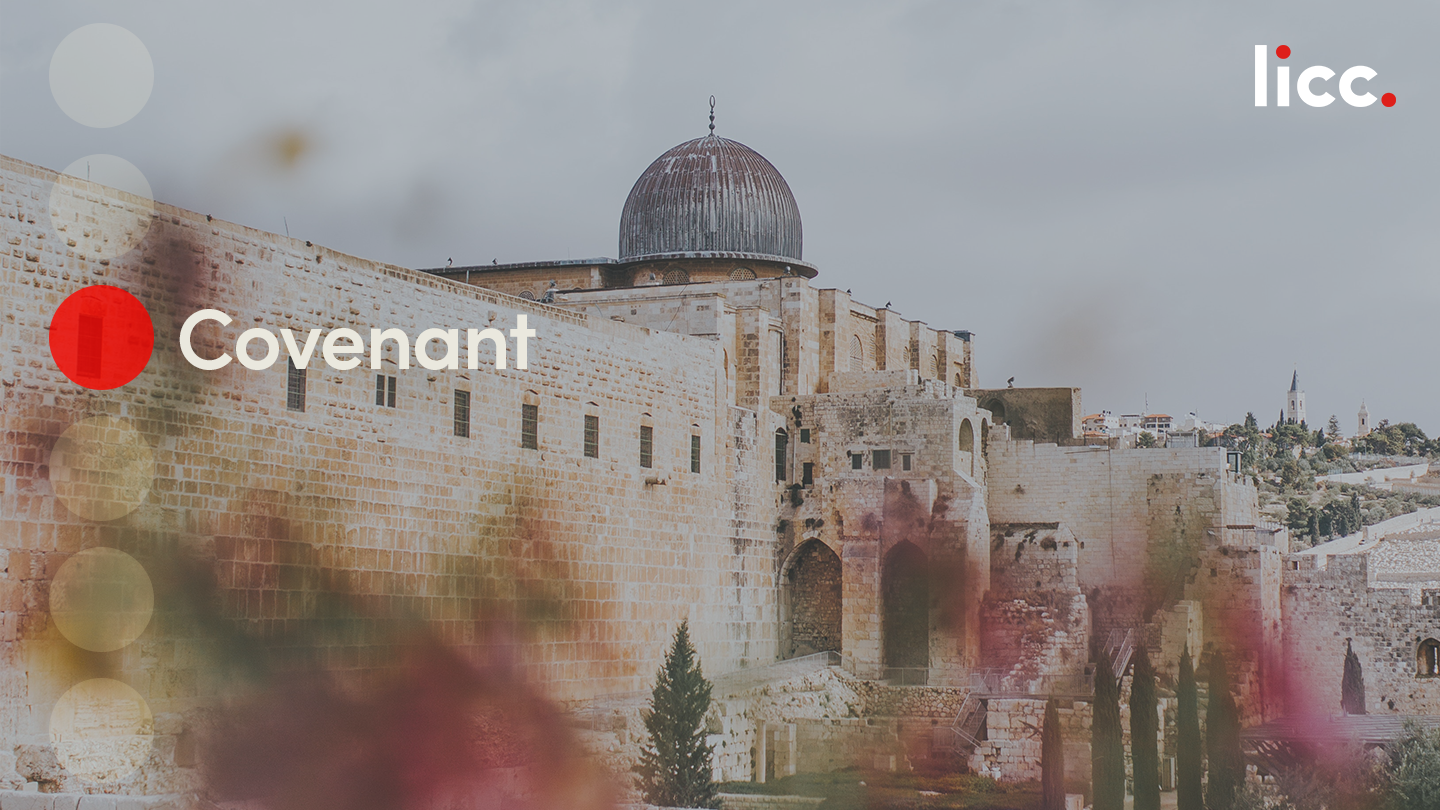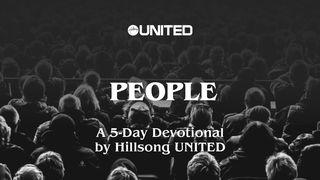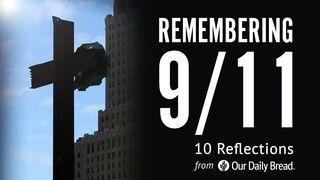Whole Life, Whole Bible: Journey through ScriptureSample


21: Loss and opportunity
Destruction of cities, despoliation of land, deportation of people. Then, as now, whole nations were vulnerable to military defeat.
Jeremiah declares the end game in the slow decline of the southern kingdom of Judah (the northern kingdom having been laid waste 150 years earlier), with a series of invasions by Babylon, culminating in the death blow of 586bc, when Jerusalem fell, the temple and royal palace were destroyed, and much of the population was forcibly removed.
Aside from the geographical dislocation and political breakdown involved, the exile was an upheaval that shook the foundations of the very existence of God’s people, calling into question major sources of significance — the land that God had promised Abraham; the throne of David that would last for ever; the city of Zion that would never fall; the temple of the Lord, his dwelling-place, along with its priesthood and sacrificial apparatus. All were reduced to rubble.
Small wonder that the exile forced deep reflection about matters of identity, grounds of hope, reasons for suffering and symbols of faith. What had gone wrong? Was the Lord too weak? Or had he given up on his promises? Was there any future for the people of Israel?
Small wonder, too, that they responded in ways that disclose the intensity of the grieving experience: shock, anger, denial, guilt, nostalgia, acceptance. In fact, a substantial portion of the Old Testament writings flows out of the exile, reflecting different dimensions and articulating different responses — cries of lament, curses against enemies, expressions of doubt, protests of innocence and pleas for forgiveness — all directed to God. The common thread that runs through these responses is that although judgment comes from him, it will not be his last word: he remains committed to the covenant and his people.
It is sometimes said that churches today find themselves in a situation akin to ‘exile’, largely without privilege, no longer enjoying broad support, in an environment that is indifferent or hostile. But, as Israel’s history demonstrates, in God’s providence a time of exile can prove rich and fertile, where God’s people can live out an alternative lifestyle within the dominant culture, which doesn’t involve repudiating the culture. On the contrary, exiles who ‘seek the peace and prosperity of the city’ (Jeremiah 29:7) find their vocation in the here and now of the contemporary world, in the ‘secular’ sphere where the church must necessarily live.
Christian identity and mission are forged in the crucible of exile.
For further reflection and action
- Read 2 Kings 25, the historical description of what was prophesied by Jeremiah.
- ‘Cries of lament, curses against enemies, expressions of doubt, protests of innocence and pleas for forgiveness.’ When things go wrong, which response — if any — is your default mode, and why?
- Jeremiah’s letter to the exiles in chapter 29 calls on them to ‘seek the peace and prosperity of the city’ (29:7) to which they have been carried in exile. What might that look like for ‘exiles’ in the contemporary world? In what concrete ways might you be able to do it today?
About this Plan

This 50-day reading plan walks you through the story of the whole Bible, and helps you reflect on how it shapes your whole life – at home, at work, in the neighbourhood. The bite-size readings and real-life application questions help illuminate God’s plan to renew all areas of life. Written by Antony Billington, Helen Parry, and Margaret Killingray, from the London Institute for Contemporary Christianity (LICC). Originally published by BRF.
More









